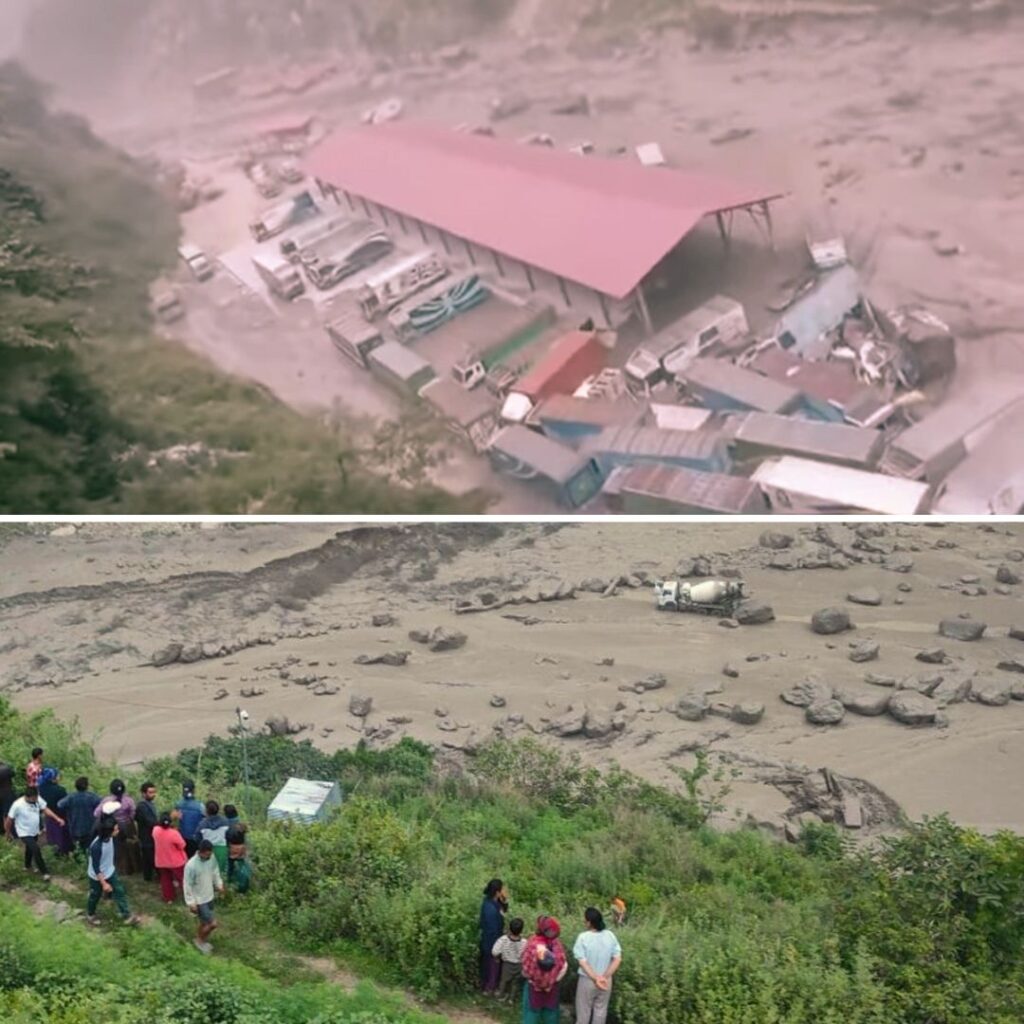The Ministry of Health and Family Welfare in an affidavit told the Supreme Court that a pregnant woman does not have an absolute right to terminate her pregnancy and her right to abortion should be equated with the state’s interest to safeguard the unborn foetus.
The affidavit was submitted in the SC after the petition filed by Dr Nikhil Datar which sought to extend the cap for aborting pregnancy from the current 20 weeks to 26 weeks. Datar’s affidavit also wanted to nullify Section-5 of the Act or make amendments on grounds of increasing cases of foetal abnormalities. The draft has been sent to the Ministry of Law and Justice to consider.
The health ministry’s affidavit further stated that all the state governments and union territories have been ordered to create permanent medical boards at premier medical institutions. The boards will be responsible for the analysis of such critical cases where there is a request for termination of pregnancy beyond the legal limit of 20 weeks and examine the implications of the termination is not carried out.
The affidavit concluded that unsafe abortion continues to cause 8 per cent of maternal mortality in India and continues to be the third-largest cause of maternal mortality.
Advocate Sneha Mukherjee, appearing for the petitioner, said to The Print, “States should also acknowledge that women’s decisions about their own bodies are personal and private. It is imperative to place the autonomy of the woman at the centre of policy and law-making related to sexual and reproductive health services, including abortion care.”
A bench of Justices Deepak Gupta and Aniruddha Bose suggested that they were not going to legislate the extension of the current cap of 20 weeks for abortion as stipulated in the MTP Act, 1971. However, it would look into the matter and formulate guidelines for the same. The next hearing in the case is on September 24th.
Approximately 25 per cent of the world’s population lives in countries with highly restrictive abortion laws, mostly in Latin America, Africa and Asia.
According to Amnesty International research report, the criminalization of abortion raises the chance of women turning into criminals in the longer run by failing to meet the human rights obligations set forth under international law.
Also Read: Uttarakhand High Court: No Maternity Leave For State Govt Employees For Third Child











